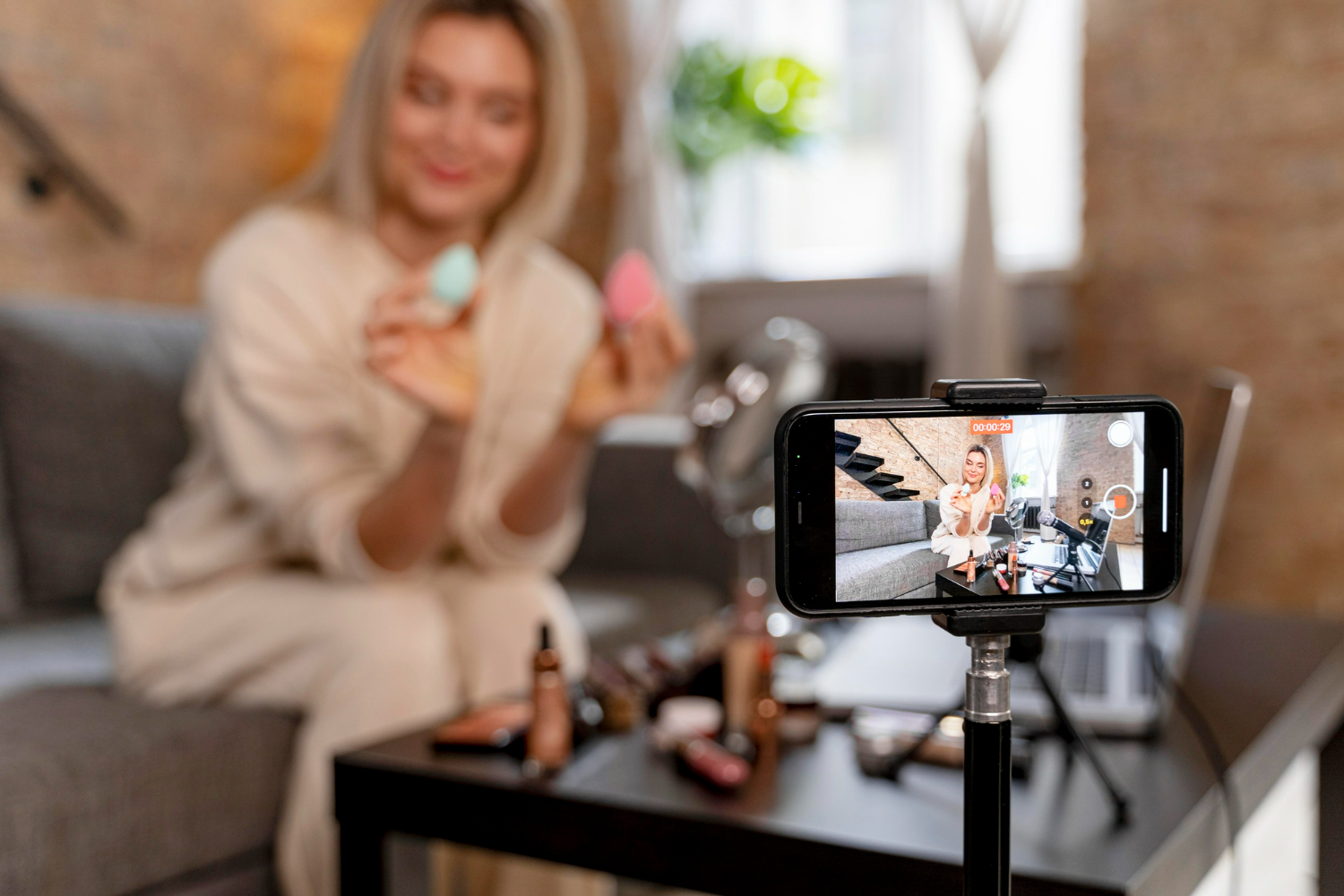The digital age has revolutionized the marketing landscape, inundating consumers with messages and challenging traditional advertising methods to capture attention.
In this dynamic environment, influencer marketing has become a powerful tool for brands to connect with their target audience. Yet, for influencer marketing agencies to achieve the full potential, a robust partner in public relations is essential.
PR Overview
- Why influencer marketing needs PR
- Limited reach
- Questionable credibility
- Short-term impact
- Strategic selection and relationship-building
- Compelling content creation
- Amplification through media relations
- Crisis management and brand protection
- Measurement and ROI
- Define goals
- Target audience alignment
- Authentic partnerships
- Transparency and disclosure
Why influencer marketing needs PR
Influencer marketing leverages the credibility of social media personalities to promote brands or products. These influencers, with their dedicated audience and perceived authenticity, create compelling content that resonates with their followers. However, influencer marketing alone often faces several limitations.
Limited reach
Influencers possess a dedicated following, but it may not always align perfectly with a brand’s target audience. PR professionals identify influencers with a broader reach within the desired demographic.
Questionable credibility
While influencer marketing feels more genuine than traditional advertising, skepticism around paid endorsements can persist. PR helps craft authentic narratives around collaborations, enhancing the influencer’s credibility as a brand advocate.
Short-term impact
Influencer campaigns often center on single product launches or events. PR, with its focus on long-term brand building, ensures that influencer campaigns contribute to a broader brand narrative, delivering lasting impact.
Strategic selection and relationship-building
PR professionals excel at building connections with journalists, media outlets, and relevant influencers. Leveraging these relationships, they identify influencers with the right audience fit, brand alignment, and content creation capabilities. Moreover, PR fosters long-term relationships with influencers, leading to collaborative and authentic partnerships.
Compelling content creation
Successful influencer campaigns hinge on high-quality, engaging content. PR specialists craft brand stories that resonate with target audiences, collaborating with influencers to ensure the content aligns with the brand’s message and avoids feeling like a forced advertisement.
Amplification through media relations
PR extends beyond social media. By securing media coverage for influencer campaigns, PR professionals reach a wider audience through traditional media outlets like news publications and television appearances. This media amplification extends the campaign’s reach and adds a layer of legitimacy.
Crisis management and brand protection
Despite meticulous planning, influencer campaigns can encounter unforeseen challenges. PR implements well-defined crisis communication plans to address any negative publicity or brand mentions, safeguarding the brand’s reputation and mitigating potential damage.
Measurement and ROI
Understanding the importance of measuring campaign success, PR professionals use various metrics to track the effectiveness of influencer collaborations. Metrics such as brand awareness, engagement, website traffic, and sales conversions enable brands to refine strategies and maximize return on investment (ROI).
Define goals
Clearly outline the objectives of the influencer campaign, whether it’s increasing brand awareness, driving product sales, or generating user-generated content. Clear goals guide influencer selection, content creation, and PR efforts.
Target audience alignment
Identify the ideal customer and understand their media consumption habits. PR and influencer marketing strategies should target platforms and personalities that resonate with this audience.
Authentic partnerships
Seek influencers who genuinely align with brand values and target audience. Forced collaborations often feel inauthentic and can backfire.
Transparency and disclosure
Ensure clear and transparent communication about sponsored content. Adhering to FTC guidelines builds consumer trust through honesty.
How To Build Trust Using Media Relations For Cybersecurity
Media relations plays a vital role in shaping public perception and building trust around...
Creating an Effective Communications Plan
Creating an effective communications plan requires careful planning, strategic thinking, and a...
What Is Public Relations and Why Is PR Important?
Many people only know what PR is from Mad Men. Most have a vague understanding of what public...




